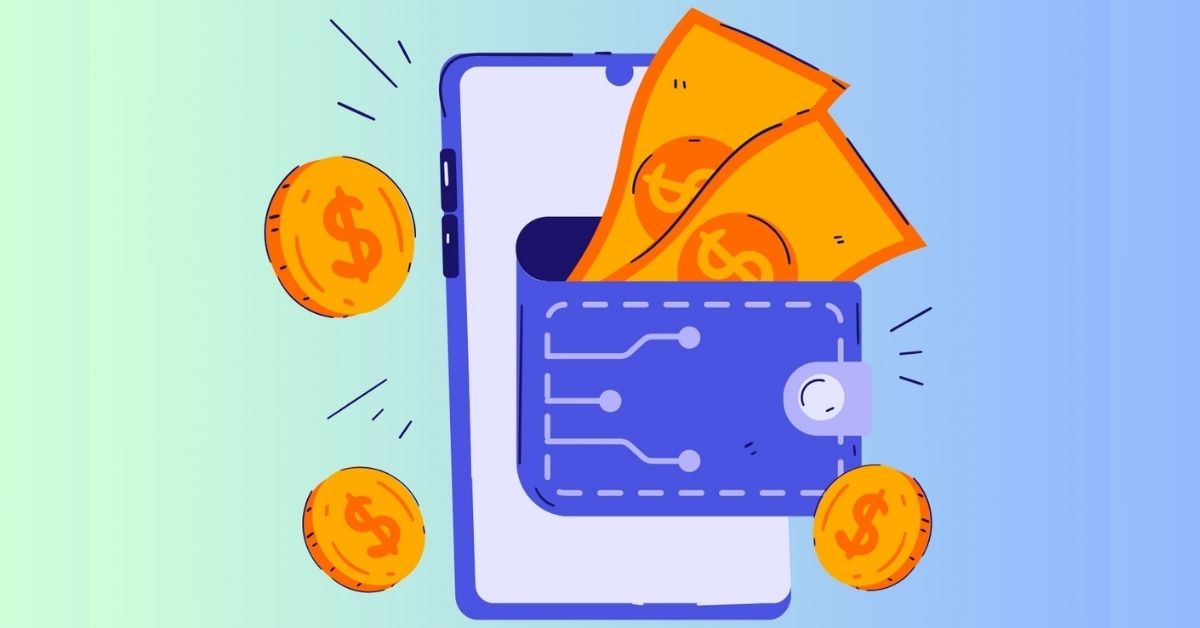Introduction
The shift towards a cashless economy is gaining momentum globally, driven by technological advancements and changing consumer preferences. Open banking, a system that allows consumers to share their financial data securely with third-party providers (TPPs) through APIs, plays a pivotal role in this transformation. By enhancing financial access, encouraging innovation, and improving payment systems, open banking is accelerating the transition to a cashless society. Here’s a look at how open banking is helping to build a cashless economy.
1. Facilitating Seamless Digital Payments
One of the most significant contributions of open banking to a cashless economy is its ability to facilitate seamless digital payments. Open banking allows consumers to make secure payments directly from their bank accounts using third-party apps, bypassing traditional card-based systems. This enables faster and cheaper transactions, making it more convenient for consumers and businesses.
For instance, payment services that leverage open banking APIs, such as direct bank transfers and P2P payments, allow users to make real-time transactions without needing to rely on cash or credit cards. These innovations significantly reduce the friction in daily payments, driving consumers away from cash and towards digital solutions.
2. Enabling Financial Inclusion
A key challenge in transitioning to a cashless economy is ensuring that all individuals have access to digital financial services. Open banking plays a critical role in financial inclusion by democratizing access to banking services. By providing third-party providers with secure access to consumer financial data, open banking allows more consumers, including those who are unbanked or underbanked, to access digital financial products.
Open banking enables fintech companies to offer alternative financial services like digital wallets, microloans, and peer-to-peer lending, even to individuals without traditional banking accounts. This increases financial inclusion by allowing people from all economic backgrounds to participate in the cashless economy, reducing their reliance on cash-based transactions.
3. Encouraging Innovation and New Payment Solutions
Open banking fosters innovation by providing fintech companies and startups a platform to develop new digital payment solutions. With the secure exchange of financial data, developers can create more efficient, convenient, and cost-effective alternatives to cash payments. These innovations range from mobile wallets and contactless payments to real-time transaction platforms that provide instant settlement.
For example, open banking-enabled apps can allow consumers to manage multiple accounts, initiate instant payments, and track spending habits, all from a single platform. This innovation enhances the adoption of cashless payments, as consumers increasingly turn to digital solutions for convenience, security, and speed.
4. Enhancing Security and Trust
Security is often a significant concern when it comes to cashless transactions. Open banking enhances security by providing strong authentication mechanisms and encryption, ensuring that sensitive financial data is shared only with trusted third-party providers. Secure APIs allow consumers to have more control over their data, while features like two-factor authentication (2FA) and real-time monitoring reduce the risk of fraud.
By fostering greater trust and ensuring robust security, open banking helps alleviate concerns about the safety of cashless transactions, encouraging broader adoption among consumers and businesses.
5. Streamlining Cross-Border Payments
Open banking is also instrumental in improving cross-border payment systems. With open banking APIs, financial institutions can collaborate with fintech firms to provide cost-effective and real-time cross-border payment solutions. This eliminates the need for costly intermediaries like money transfer services, making international payments faster, cheaper, and more transparent.
As cross-border payments become more efficient, reliance on physical cash decreases, particularly for international transactions. This shift is crucial to an entirely cashless economy, enabling seamless global financial transactions.
Conclusion
Open banking plays a key role in developing a cashless economy by enabling digital payments, fostering financial inclusion, driving innovation, enhancing security, and streamlining cross-border transactions. As more consumers and businesses adopt open banking-enabled solutions, the use of cash will continue to decline, giving rise to a more efficient, secure, and inclusive digital financial ecosystem. The future of a cashless society looks promising, and open banking is a catalyst driving this transition.
#OpenBanking #CashlessEconomy #DigitalPayments #FinancialInclusion #Fintech #Innovation #FinancialSecurity #CashlessSociety #BankingTransformation #DigitalFinancialServices



